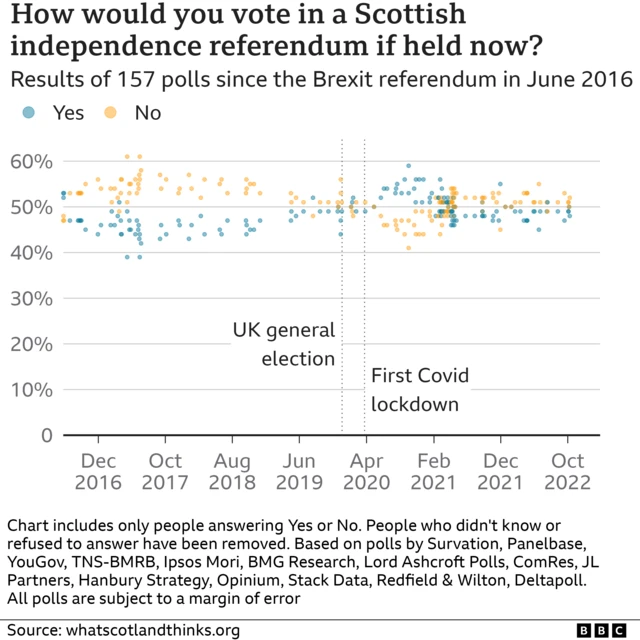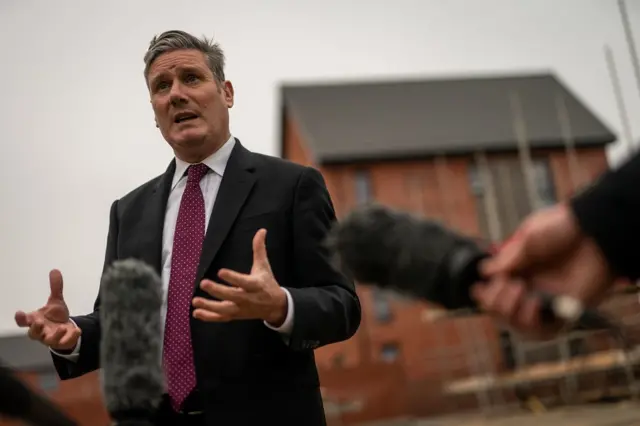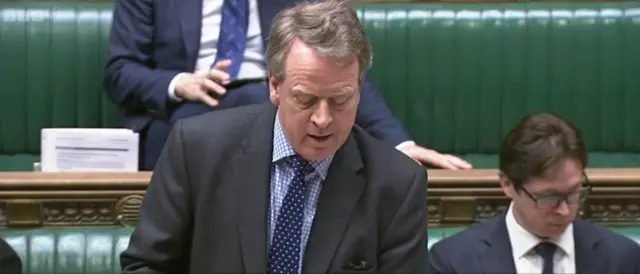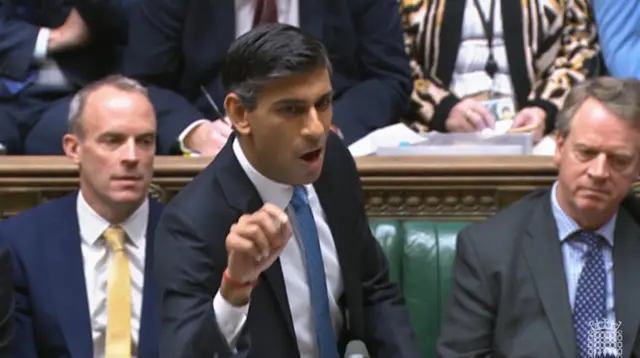'Blocking and denying democracy is a serious charge' - Robertsonpublished at 14:29 GMT 23 November 2022
Angus Robertson says the inconvenient truth for the Tories is the electorate last year gave the SNP a mandate for parties in favour of an independence referendum - namely the SNP and the Greens.
He says the Scottish government's position remains the same and the SNP would prefer a Section 30 order to be agreed under the Scotland Act to allow indyref2 to go ahead.
Robertson says it is for the Tories to explain why they are blocking this.
Douglas Ross argues the majority of votes in the Scottish Parliament election were for parties that support remaining part of the UK, rather than separation.
The Scottish Tory leader asks whether the Scottish government will continue to push for another referendum.
Angus Robertson then insists: "Blocking and denying democracy is a serious charge and Douglas Ross and the Tories are unfortunately leading the charge."







